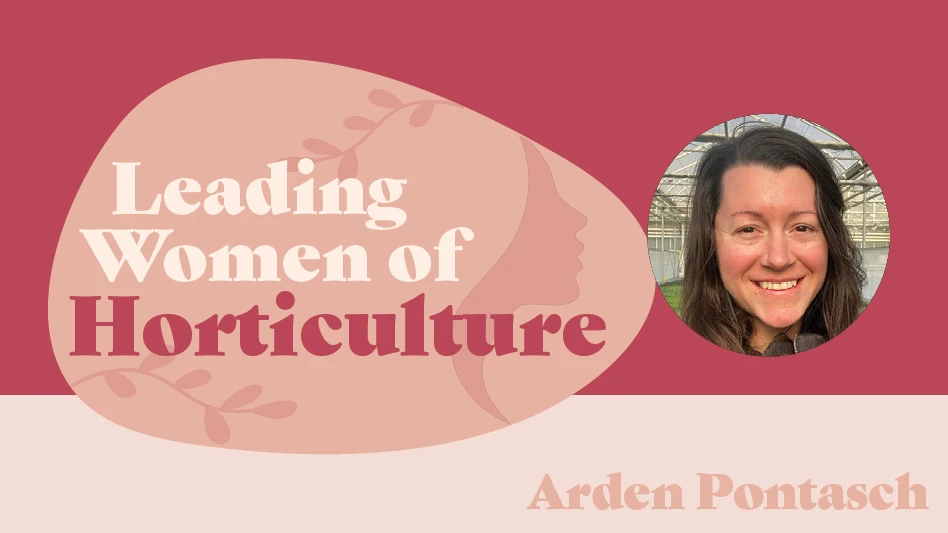
Some common and dangerous air pollutants found in cities can be absorbed by plants at far greater rates than ever suspected, according to a report on Discovery News.
The discovery has big implications for modeling how vegetation affects pollutants, as well as how particles in the atmosphere affect human health and global warming.
The finding comes from a fruitful and unusual collaboration of plant geneticists and atmospheric scientists. The plant scientists found the genes used by plants and the conditions under which they are activated to allow more volatile organic compounds (VOCs) to be absorbed, while the atmospheric scientists lugged equipment around the globe to verify that the plants were indeed sucking up pollutants in the real world.
"It's been hard to measure this in the real world," said Thomas Karl of the National Center for Atmospheric Research. "That's why we hauled this instrument all around the world."
Click here for the full story.
Latest from Nursery Management
- The Growth Industry Episode 3: Across the Pond with Neville Stein
- Trends: Proven Winners 2025 perennial survey shows strong demand
- Online registration opens for the 2025 Farwest Show
- Sustainabloom launches Wholesale Nickel Program to support floriculture sustainability
- Plant breeding as an art
- Society of American Florists accepting entries for 2025 Marketer of the Year Contest
- American Horticultural Society welcomes five new board members
- Get to know Christopher Brown Jr. of Lancaster Farms







